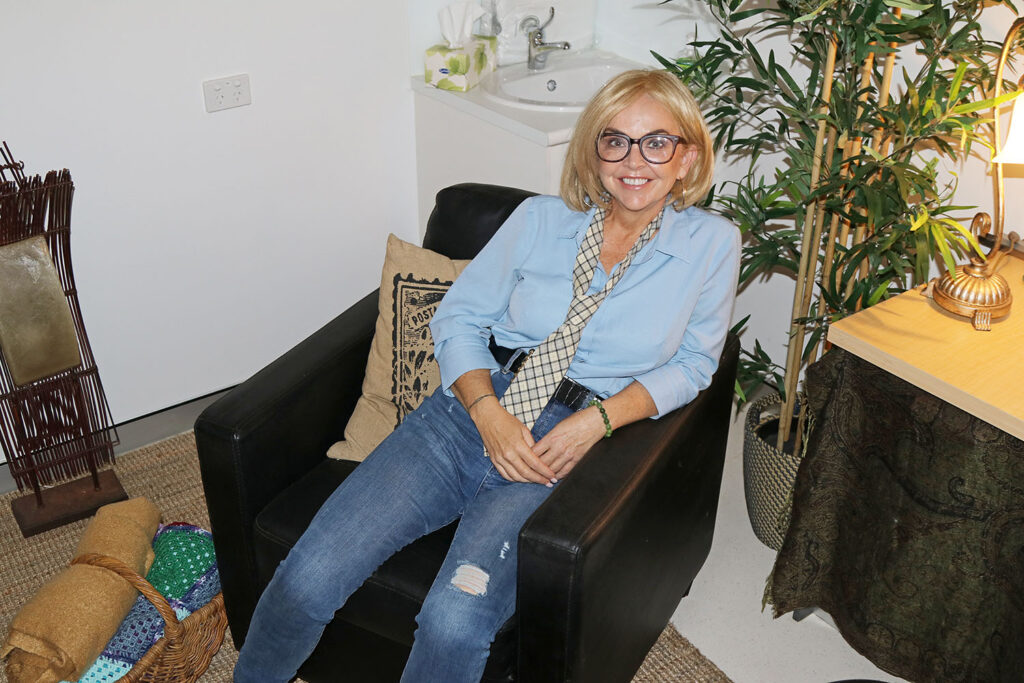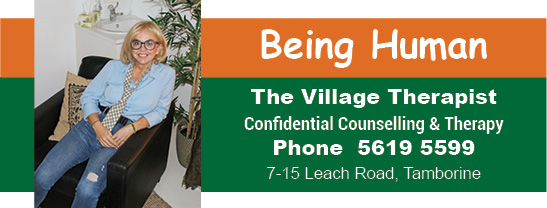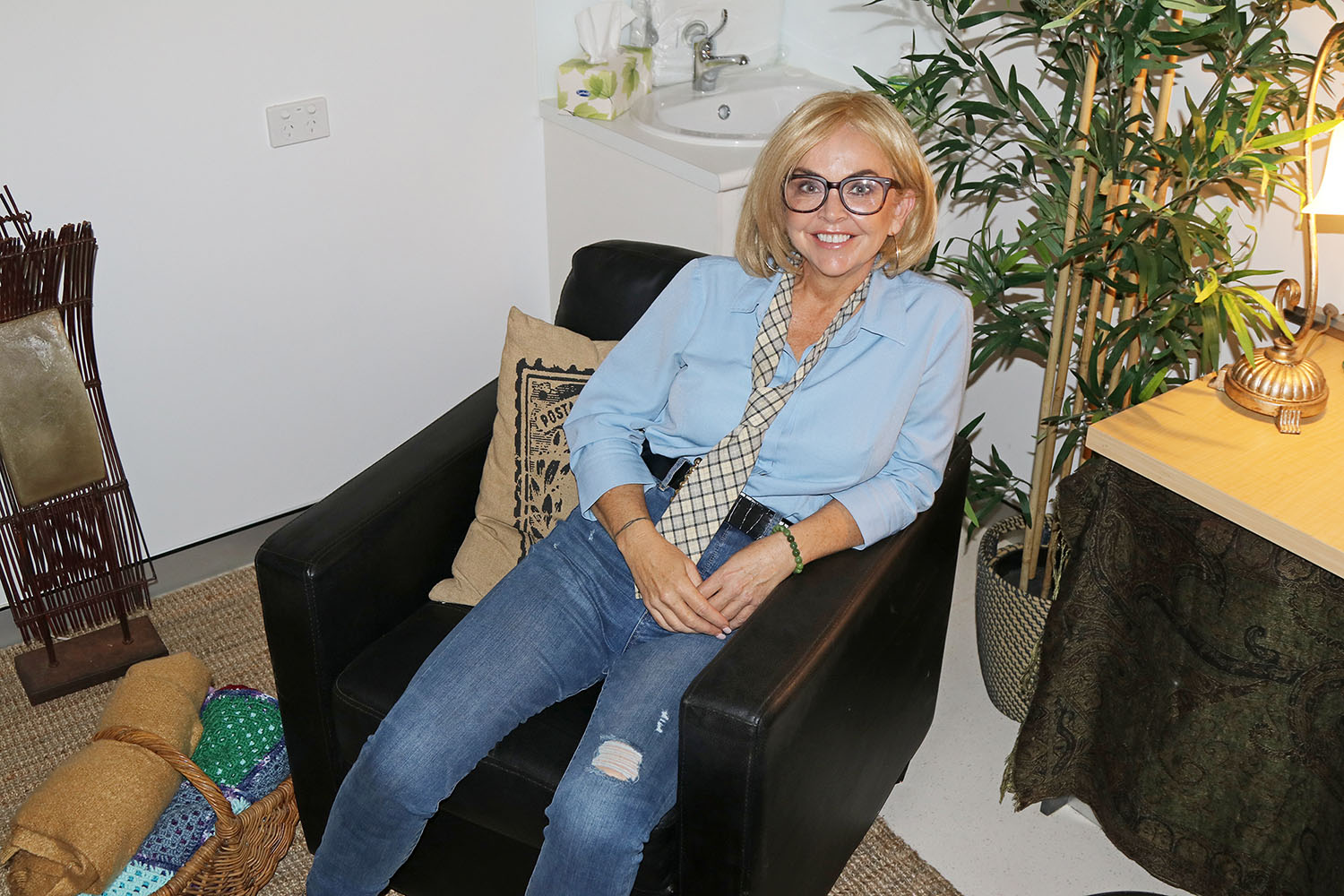
… You Start To Feel More Like Yourself
A friend recently asked me, “what does attending therapy feel like?”. It is an individual process; each one of us uniquely distinguishable by our own experiences. Sure, therapeutic frameworks used by therapists are practiced with an intended aim but it really depends on you and your need and what is then heard and clarified by the therapist will result in each session becoming individual.
A good therapist will often check in with you during the session to ask if what is being addressed is focusing on the issue or if there is something else? Therapy is a safe space for words to be revealed that often have been buried for a long time or are too difficult to speak previously. The client shares with a professional who will know then what to do with those words and the thoughts and feelings associated with them.
But if you want a therapist to tell you what to do, it should not happen. In fact, it is a sign to look out for, revealing the difference between a good therapist and not so good therapist. Therapists are there to help you figure it out, to help you cope and manage what you want. They believe you are the expert of yourself. With professional guidance you should have a greater sense of clarity, capacity and be able to form conclusions.
My friend then asked, “What changes when you do therapy?”
I replied, “Again, this is different for everyone.”
I went to therapy some years ago. It was because I needed a professional to hear me. I needed objective information. I needed to stop exhausting myself in managing the matter on my own. I went once a week for six weeks. Sometimes I treated therapy as an ally, like talking to a friend; other times like a dump run, to just leave it all there. In other sessions I wanted to know what the therapist heard and what they had observed. Hearing my story paraphrased to me by the therapist was powerful. It helped bring the unconscious to conscious. It helped me to hear clarity.
What I received from the first session was relief. Not from the symptoms themselves but in the knowing that I now had a professional to help support me productively and honestly. Deeply listening to, then relay back to me, what I had said, what I was feeling and how I was behaving, and to challenge me with questions about myself. I felt relief after the first session and continued to feel so.
Understandably when we go through trauma or a life adjustment we think, feel and behave differently. Healing is when you start to feel like yourself again. Or maybe you will feel like a totally new person. Therapy will take you from unconscious to consciousness that will allow you to feel and think things that you never before may have been able to. Trauma can put us in a brain fog – sometimes for years. A good therapist will help with expression, meaning, using different words especially to achieve greater clarity. Therapy can move you forward.
Talking to a counsellor or therapist should never be undervalued – to tell a professional your story, of your experience within a safe space and without judgement, is a great place to start! And hopefully you too will leave your first session feeling some relief. Over time however, you will know if therapy is having a positive effect on you because you will start to feel more like yourself.
I asked my friend, “In sharing this, would you use therapy?”
He answered with “Maybe” and then said, “You should tell people that…”
Being human with you
Sandy

